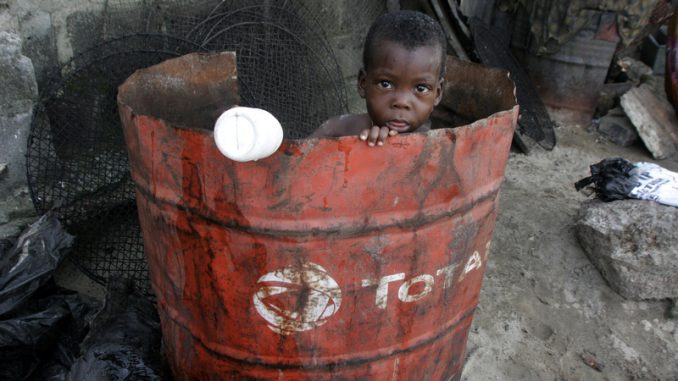
Nigeria, a country rich in natural and human resources, has struggled with under-development and economic poverty for many years. Despite its vast potential, the nation has been unable to translate its resources into sustainable economic growth and development. This research report aims to explore the key factors contributing to Nigeria’s under-development and economic poverty, examining both internal and external challenges. By analyzing these factors, we can gain a deeper understanding of the root causes and propose potential solutions for Nigeria’s economic transformation.
I. Historical Context:
1. Colonial Legacy: Nigeria’s under-development can be traced back to its colonial history, which left a legacy of economic dependence and limited industrialization.
2. Political Instability: Frequent political instability, including military coups and ineffective governance, has hindered long-term development planning and implementation.
II. Economic Factors:
1. Over-reliance on Oil: Nigeria’s heavy dependence on oil exports has made its economy vulnerable to fluctuations in global oil prices, leading to economic instability and limited diversification.
2. Corruption and Mismanagement: Rampant corruption and mismanagement of public funds have undermined economic growth and hindered the development of critical infrastructure.
3. Inadequate Infrastructure: Insufficient investment in infrastructure, including power supply, transportation, and telecommunications, has hampered industrialization and hindered economic growth
III. Socio-cultural Factors:
1. Ethnic and Religious Divisions: Nigeria’s diverse ethnic and religious composition has often led to social tensions and conflicts, diverting resources away from development initiatives.
2. Low Human Capital Development: Limited access to quality education and healthcare, coupled with high levels of poverty, have resulted in a low-skilled workforce and hindered productivity.
IV. External Factors:
Global Economic Factors: Nigeria’s under-development is influenced by global economic trends, including trade imbalances, foreign debt, and limited access to international markets .
Climate Change and Environmental Challenges: Nigeria is vulnerable to the impacts of climate change, including droughts, floods, and desertification, which have adverse effects on agriculture and livelihoods
In conclusion, Nigeria’s under-development and economic poverty are the result of a complex interplay of historical, economic, socio-cultural, and external factors. Addressing these challenges requires a multi-faceted approach that focuses on diversifying the economy, tackling corruption, improving infrastructure, investing in human capital development, promoting social cohesion, and addressing global economic imbalances. By implementing comprehensive reforms and policies, Nigeria can unlock its vast potential and achieve sustainable economic growth and development.










